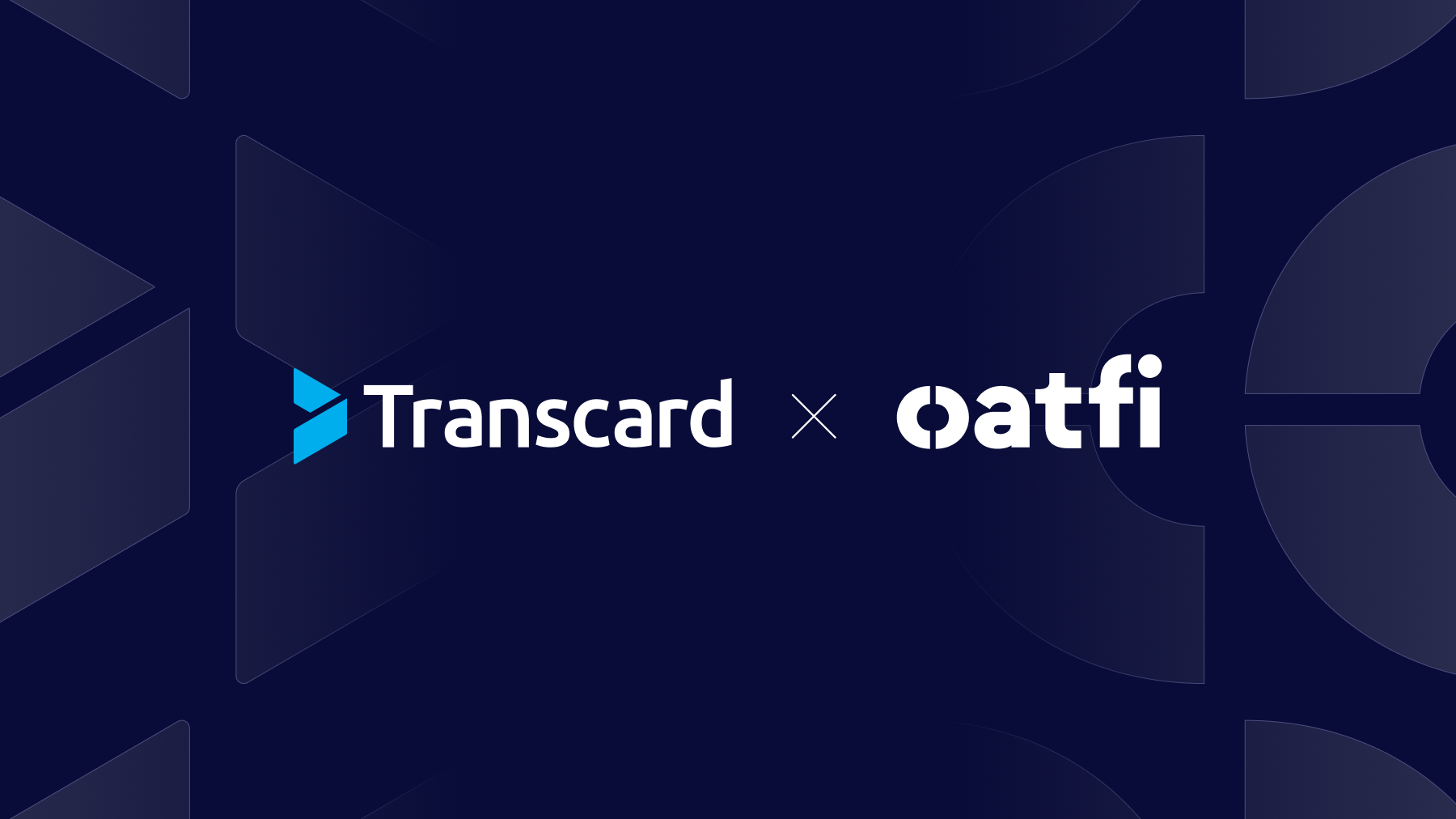A payment solutions partner can help businesses automate, streamline, and improve the process of transferring funds to employees, vendors, suppliers, and stakeholders in various ways.
Payment solutions companies provide companies with the opportunity for cost savings as well as improved business cycles, cash forecasting, and fraud control. These changes can also contribute to better supplier and customer relationships by shortening the time required to resolve payments, reducing errors, and releasing employees from manual tasks so they can focus on building better relationships.
But choosing a payment solutions company is an important decision that can have long-lasting consequences throughout your organization. Because while the best payment solutions companies provide the functionality to manage and review payments efficiently, with easy access to data and analytics, others can make processes and relationships even more difficult
To help you choose the right provider for your business, you need to evaluate your options based on 6 key factors.
6 Factors to Consider When Evaluating Payment Solutions Companies
1. Types of Payment Supported
Is the focus of your company to improve payments to employees, business-to-customer, or business-to-business? It is important to know what types of payments are expected to be processed and ensure that they are available through the provider system.
Businesses who need a payroll disbursement solution may want to look for payment methods like ACH, payroll cards, or paper checks, while a top business-to-business payment methods be instant payments. Use your business needs to help you decide which payment methods are most valuable to your company.
2. Pricing and Solution Structure
What is the pricing structure for the payments solutions provider? Is the system implemented on the cloud and subject to a flat monthly fee, or is it installed on-premise and purchased by the business at the outset? What additional costs will be added, should your company decide to add functionality in the future?
Most payment solutions companies have transitioned to cloud-based models with contracts that range from one to 10 years. Determine what price and commitment level you’re most comfortable with and find a provider who has options in your range.
3. Security and Regulatory Compliance
Financial disbursements are subject to a high level of regulatory oversight. It is important to know which regulations will affect your business, dependent on the types of payments made and the industry in which the company operates.
Is the payment platform secure and compliant with standards including the payment card industry data security standard (PCI-DSS)? Does the payments solution include built-in fraud monitoring and management? Does the payment solution include reports required for regulatory compliance? A solution that’s examined by regulatory bodies and helps automate compliance will also help improve your payment processes.
4. Analytics
A digital, automated solution is an excellent way to gather data that can be analyzed for valuable insights to improve the business. Does the payment solutions provider offer reporting for analyzing payments activity?
5. Customer Support
Technical problems with platforms and payments can damage employee and partner relations. To ensure you can resolve any technical issues quickly, consider the level of support your potential providers offer.
Does the provider offer 24/7/365 support, and will the company require a bilingual support? 24/7 support is important in ensuring that any issues can be resolved immediately; and the type of support can be a deciding factor as well. Your company may be satisfied with email support; others may prefer a live chat or telephone option.
6. Downtime
Downtime can have an enormous effect on profitability, resulting in losses of up to $1.55 million per year on average.¹ Payment solutions companies should have a resilient program in place to avoid downtime, and disaster recovery programs to ensure that payments data is secured in the event of a massive system failure.
Look for features like redundant data hosting to ensure you don’t experience downtime or lose information due to technical problems.
Choose a Provider that Helps Improve Your Business
Choosing between payment solutions companies is an enormous decision that can have consequences throughout your business. However, a provider that offers the potential for improving business processes, cost controls, and stakeholder relationships while reducing fraud, errors, and manual duties.




